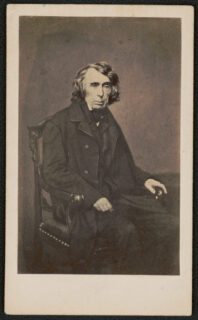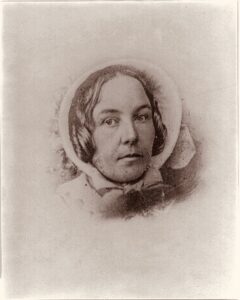
Podcast
Dred Scott v. Sandford: Landmark Supreme Court Cases
Ep. 201605
The latest episode of TAH.org‘s Landmark Supreme Court Cases Saturday Webinars aired live on Saturday, 15 October 2016, with Dred Scott v. Sandford as the focus. Prof. Chris Burkett of Ashland University moderated the discussion between Profs. Lucas Morel and Jonathan White, and included a live teacher audience of over 100. In addition to the background of the case itself, the panelists discussed the following question, most of which were posed by teachers from the audience:
-
- Did Justice Taney believe that the decision in the case would put an end to sectional differences over slavery?
-
- Were there political motives behind Taney’s decision?
-
- What were the main points of the dissenting opinions?
-
- How did Taney justify and rationalize his decision?
-
- How did the decision reflect or relate to the positions of other leaders of the time, including Stephen Douglas, Abraham Lincoln, and Alexander Stephens?

